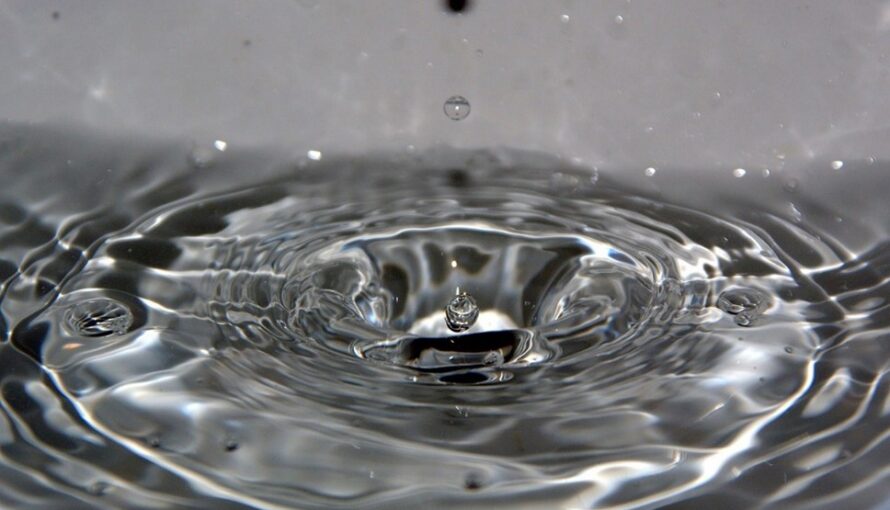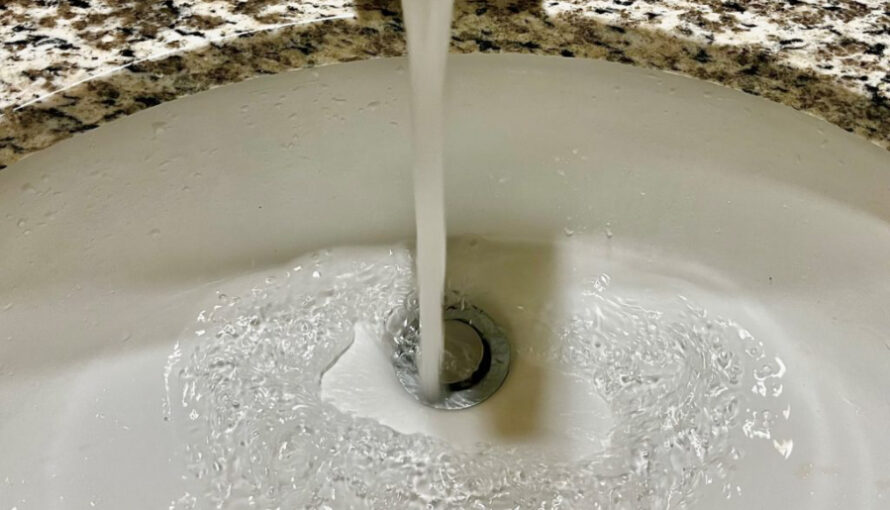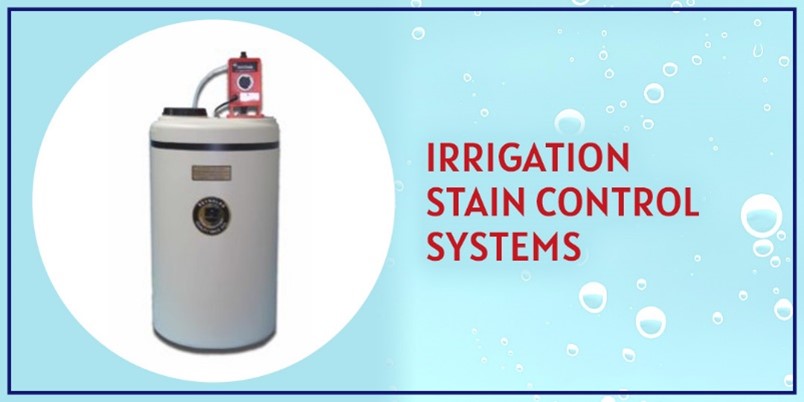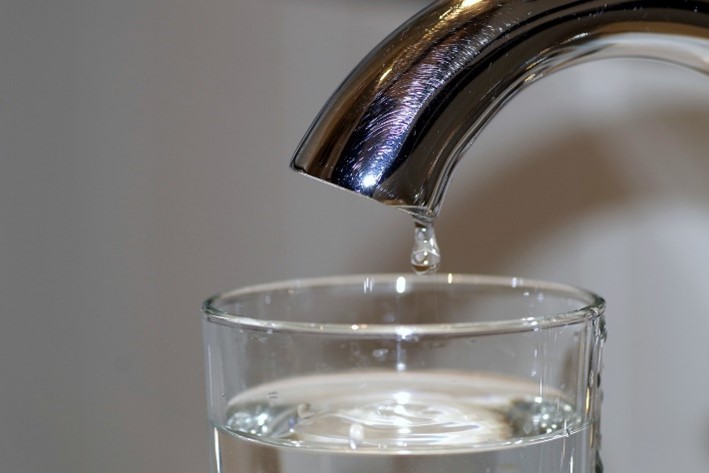Remove Persistent Pollutants From Your Drinking Water
Numerous harmful substances are increasingly contaminating our drinking water. This includes per- and polyfluoroalkyl substances (PFAS), often referred to as ‘forever chemicals.’ These fluorinated compounds are notable for their resistance to degradation, ability to accumulate in tissues, and high mobility in the environment. Originally used in products like non-stick cookware, stain repellents, and surfactants, PFAS… Read more
Michigan Announces $267 Million in Grants to Enhance Water Infrastructure
Michigan’s EGLE has announced a significant investment of $267 million through the MI Clean Water grants to revamp the state’s water infrastructure. This funding aims to bolster dozens of local governments and water systems, enhancing public health and environmental protection. Key projects include new storm sewers and green infrastructure in Oakland County, lead water service… Read more
Redford Township, MI Releases Advisory on Elevated Lead Levels in Water

Redford Township has issued a public advisory following the detection of elevated lead levels in the drinking water during routine tests. The township’s water samples from 60 homes showed a 90th percentile lead level of 16 parts per billion (ppb), surpassing the Action Level of 15 ppb. This issue is a continuation of a similar… Read more
Research Shows ‘Forever Chemicals’ May Affect Heart Health in Older Women

New research from the University of Illinois Urbana-Champaign has discovered a link between certain “forever chemicals,” specifically per- and polyfluoroalkyl substances (PFAS), and an increased risk of cardiovascular diseases in postmenopausal women. These chemicals, common in nonstick pans, waterproof clothing, and various other consumer products, persist in the environment and accumulate in the body, particularly… Read more
Water Softening and Iron Filtration for Homes with Well Water

When it comes to residential homes with well water, ensuring that your water is safe and pleasant to use and drink is a top priority. Many homeowners might not realize the importance of water conditioning, particularly the need for water softening and iron filtration, until they encounter the telltale signs of hard water or rusty… Read more
Effective Solutions for Removing Iron from Irrigation Systems

Iron in irrigation water is a common problem faced by homeowners and businesses alike. High iron content can lead to unsightly stains on driveways, sidewalks, and buildings, as well as clogging and damage to irrigation systems. At Reynolds Water Conditioning Company, we offer a range of solutions to effectively remove iron from your irrigation water,… Read more
Biden Administration Establishes National Drinking Water Standards to Combat PFAS Pollution

The Biden Administration, continuing its proactive approach to environmental health, has introduced the first-ever national drinking water standards aimed at reducing PFAS contamination, often referred to as ‘forever chemicals’. This landmark regulation, finalized on April 10th, is designed to protect against health risks associated with PFAS, including various cancers and liver and immune system damage,… Read more
$5.8 Billion in Federal Funding to Clean the Nation’s Drinking Water Infrastructure

The Biden administration recently unveiled a significant investment of $5.8 billion to rejuvenate the United States’ deteriorating drinking water infrastructure, a move aimed at mitigating the health risks faced by millions of Americans. This financial boost is designated for every state and territory, earmarked for critical water infrastructure improvements, including efforts to eliminate hazardous lead… Read more
Water Softeners: How They Work & Their Main Types

A water softener is a valuable tool for homes affected by varying levels of hard water, offering a multitude of benefits. It works by removing minerals such as calcium, iron, and magnesium, which are primarily responsible for hard water issues. The use of a water softener helps avoid problems like mineral deposits, scale buildup that… Read more
The Unseen Consequences of Road Deicing: How Salt is Impacting Our Waterways

As winter envelops many parts of the world, the familiar sight of trucks scattering salt on icy roads becomes a common occurrence. This practice, aimed at ensuring safer driving conditions, uses sodium chloride, a compound similar to table salt, for deicing roadways. While the immediate benefits of this method are clear, its long-term environmental impact,… Read more